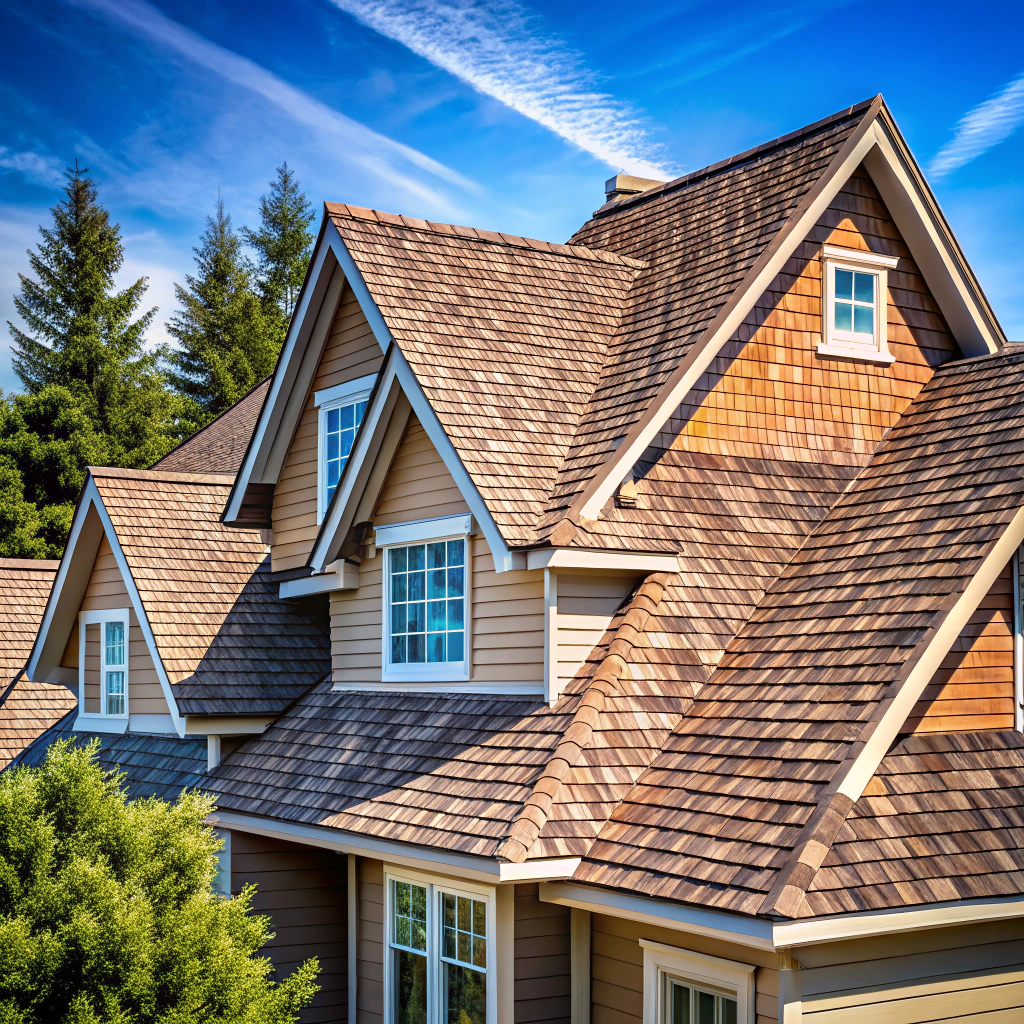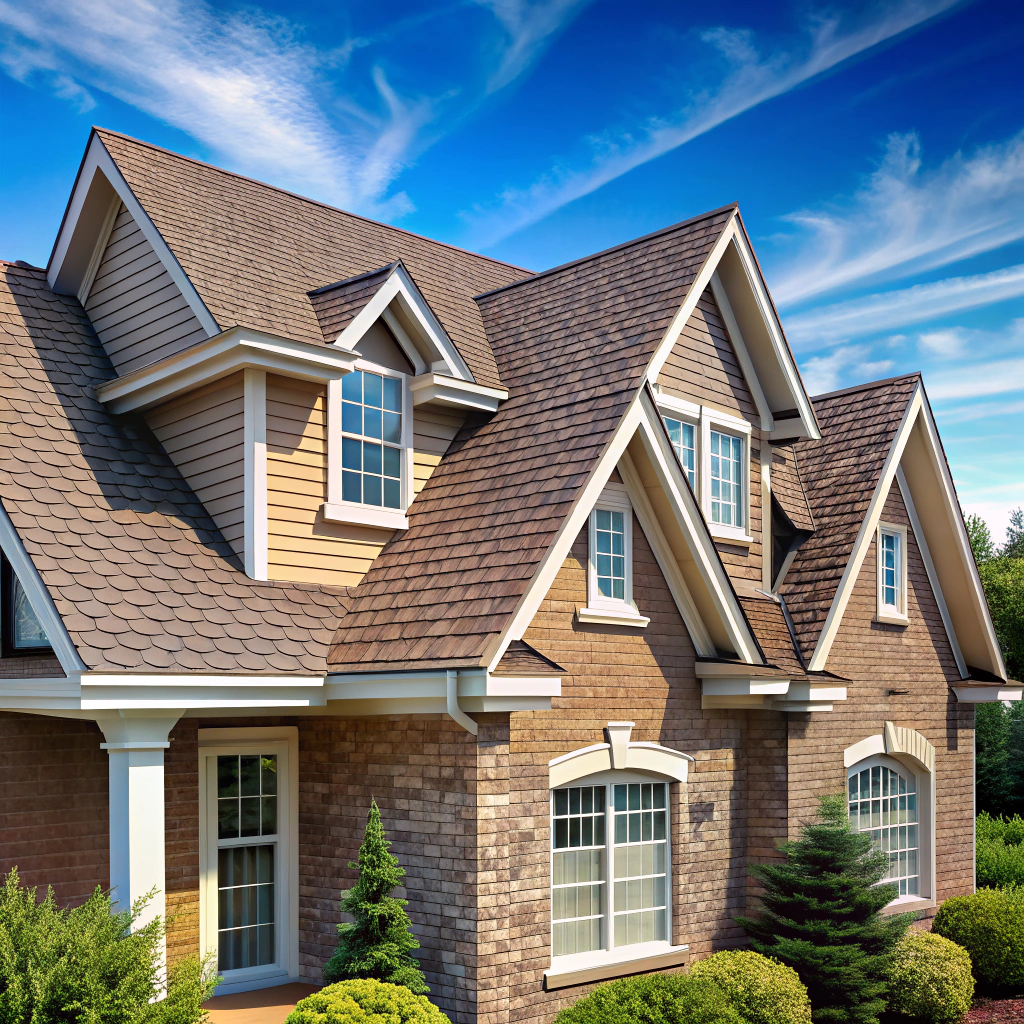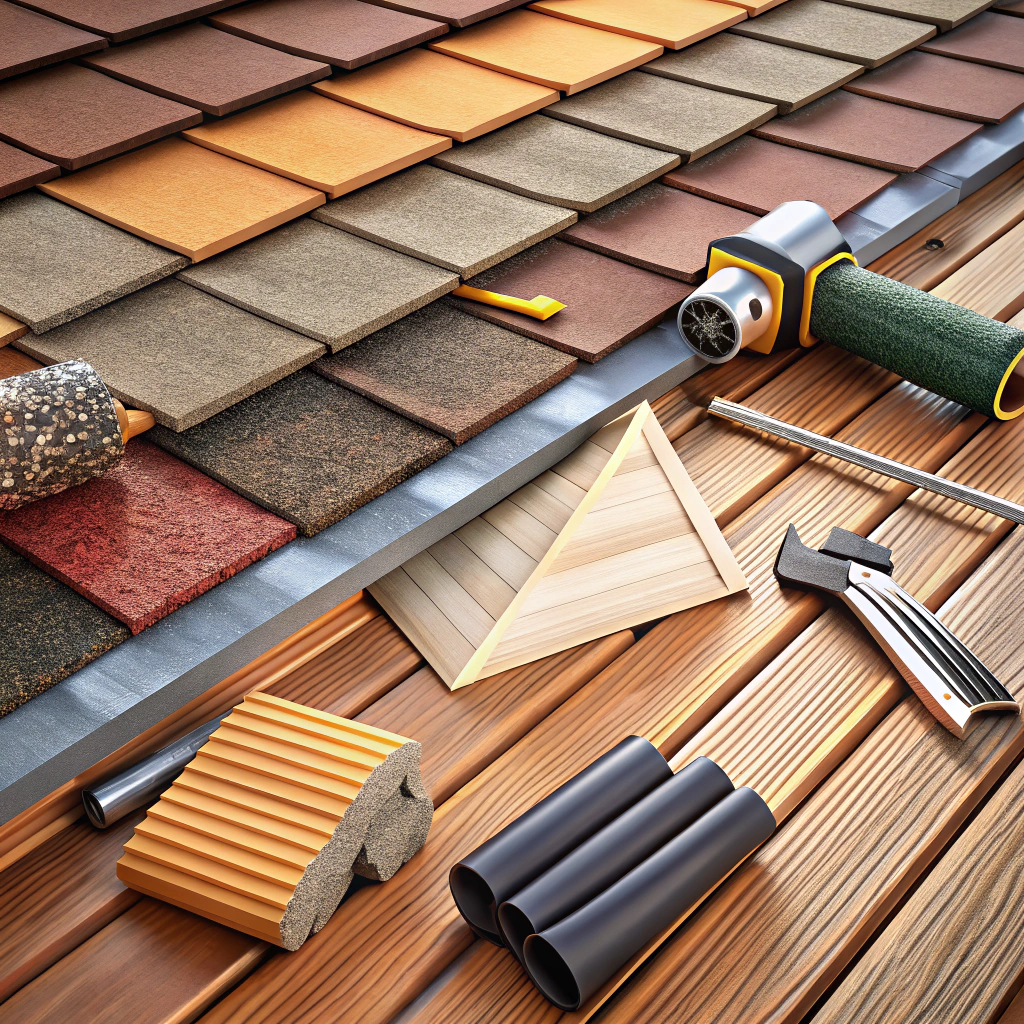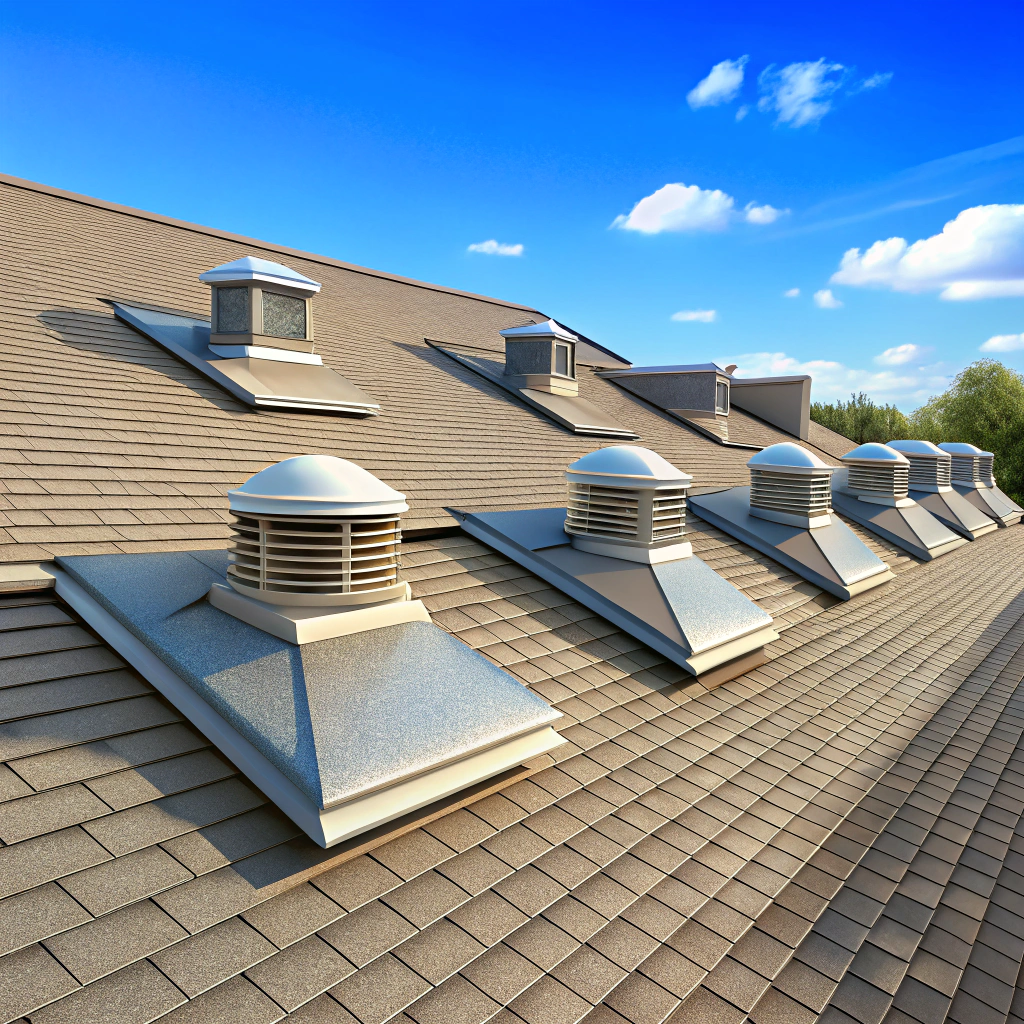Last updated on
Investing in a new roof can significantly enhance the overall value of your home, a subject we will fully explore by shedding light on its specific benefits, comparative costs, and returns in this article.
Key takeaways:
- A new roof boosts curb appeal, making your home more attractive.
- Modern roofing materials can reduce energy costs.
- New roofs may lead to lower insurance premiums.
- Buyers won’t have to worry about roof expenses for many years.
- Some new roofs have transferrable warranties for added assurance.
Impact of a New Roof On Home Value

A new roof can significantly enhance your home’s value for several reasons:
- Curb Appeal: An updated roof boosts the aesthetic appeal of a home, making it more attractive to potential buyers.
- Energy Efficiency: Modern roofing materials often come with energy-saving features that can reduce utility costs, a strong selling point.
- Insurance Advantages: Newer roofs may lead to lower homeowner insurance premiums due to improved durability and resistance to damage.
- Longevity: A recent roof replacement means buyers won’t have to worry about that expense for many years, increasing the home’s market value.
- Warranty Transfer: Some new roofs have transferrable warranties, offering additional assurance to prospective homeowners.
The overall impact on home value varies, but a new roof typically offers a strong return on investment when it comes time to sell.
Cost Vs. Value of Roofing Types
When evaluating the return on investment for different roofing materials, it’s crucial to balance upfront costs against longevity and attractiveness to potential buyers.
Asphalt shingle roofs are cost-effective and may yield a substantial return, often recovering a significant percentage of the installation costs through increased home value.
<strong>Metal roofs</strong>, while pricier, offer durability and energy efficiency that can appeal to buyers looking for long-term savings.
Premium materials such as slate or tile offer a high-end aesthetic that can significantly enhance curb appeal, potentially leading to a higher home sale price, although they require a larger initial investment.
To maximize value, homeowners should choose a roofing type that aligns with their home’s style and the local market expectations.
Roof Quality As a Selling Point
Investing in high-quality roofing materials can set your property apart, especially in competitive real estate markets. Here are key benefits:
- Longevity: Premium materials such as metal, slate, or high-end asphalt shingles can significantly outlast standard options, often with lifespans exceeding 50 years.
- Durability: High-quality roofs are more resistant to extreme weather, which can reassure potential buyers about the home’s resilience and potential repair costs.
- Energy Efficiency: Advanced roofing solutions can offer better insulation and reflectivity, leading to lower energy bills, a strong selling point for eco-conscious buyers.
- Aesthetics: A roof that looks good contributes to curb appeal, influencing a buyer’s first impression and potentially justifying a higher asking price.
- Warranty: Many premium roofing options come with extensive warranties, providing an additional layer of security to the new owners and reducing future maintenance worries.
By focusing on these aspects, homeowners can use the superior quality of their new roof as a powerful tool in negotiating home value.
Financing a Roof Replacement
Securing funds for a roof replacement can be approached in various ways:
1. Home Equity Loans: Leverage the equity built up in your home to finance your new roof, often with the benefit of tax-deductible interest.
2. Personal Loans: Obtain a personal loan based on creditworthiness without putting your home as collateral. This is often a quicker option, albeit with higher interest rates.
3. Roofing Company Financing: Many contractors offer financing plans, allowing for installment payments. This can be convenient but double-check for competitive interest rates.
4. Insurance Claims: If roof damage is due to an insured event, your homeowner’s insurance policy may cover part or all of the replacement cost.
5. Government-Backed Loans: For qualifying individuals, government loans like the FHA Title I Property Improvement Loan can provide funding with low-interest rates.
When deciding on financing options, consider interest rates, repayment terms, and how the choice aligns with your financial situation.
The Appraisal Process and the Value of a New Roof
When appraisers evaluate a property, they take into account the condition of its various components, including the roof. A new roof can often signify to an appraiser that the home has been well-maintained and that future owners are less likely to face immediate costly repairs. As such, this can positively affect the home’s market value in several ways:
1. Longevity: A newer roof is likely to have a longer remaining lifespan, adding to the home’s value and reducing the need for near-term replacement.
2. Materials: The type of roofing material used can impact the appraisal. High-quality materials like slate or metal can increase the value more significantly than standard asphalt shingles.
3. Energy Efficiency: Roofs with energy-efficient materials or designs may lead to lower energy costs and could be more attractive to buyers which is favorable during an appraisal.
4. Insurance Premiums: Newer roofs may lower homeowner’s insurance premiums, a factor that appraisers may consider when assessing a home’s overall value.
The appraisal’s key outcome, ultimately, is to provide an objective estimate of the home’s worth, with a new roof often contributing to a higher valuation by illustrating the investment in the home’s upkeep and functionality.
FAQ
How much value does new roof add to home?
A new midrange quality asphalt shingle roof, on average, increases a home’s value by $15,427, equating to 68 percent of the typical investment.
Why a new roof is a good investment?
A new roof is a valuable investment as it enhances your home’s functionality, energy efficiency, stability and aesthetic appeal, which can result in a significant increase in property value.
What color roof adds value to home?
Neutral roof colors, including black, gray, brown, and dark blue, add the most value to a home due to their universal appeal and compatibility with various home exteriors.
Does replacing a roof increase home basis?
Yes, replacing a roof increases the tax basis of your home.
How does a roof’s material affect a home’s resale value?
The material of a roof can significantly impact a home’s resale value as high-quality, durable materials like metal or slate often increase value due to their longevity, while cheaper materials like asphalt shingles may decrease it due to their shorter lifespan.
Does the life expectancy of a new roof impact home appraisal value?
Yes, the life expectancy of a new roof can significantly impact the home appraisal value.
Does the brand of roofing products make a difference to a property’s value?
Yes, the brand of roofing products can significantly impact a property’s value due to factors such as quality, durability, and aesthetic appeal.




